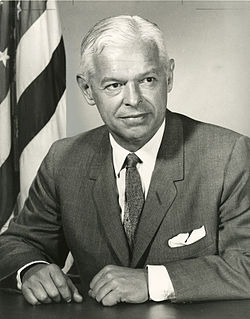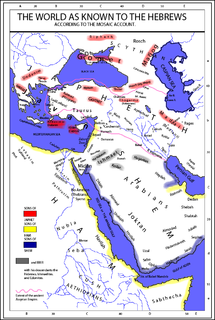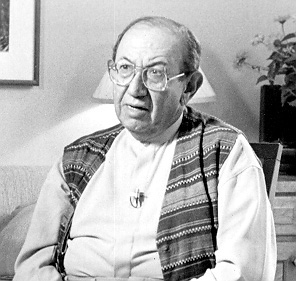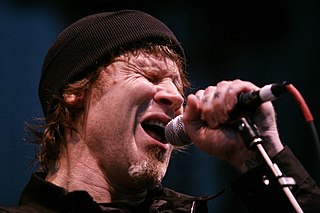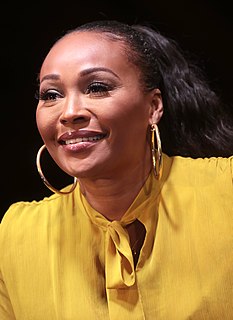A Quote by Norton Juster
We never choose which words to use, for as long as they mean what they mean to mean, we don’t care if they make sense or nonsense.
Related Quotes
Clarity is of no importance because nobody listens and nobody knows what you mean no matter what you mean, nor how clearly you mean what you mean. But if you have vitality enough of knowing
enough of what you mean, somebody and sometime and sometimes a great many will have to realize that you know what you mean and so they will agree that you mean what you know, what you know
you mean, which is as near as anybody can come to understanding any one.
I've always felt I had more in common with the modernist approach than with postmodernism, but I can see where the connection might arise - and to be honest, I'm no academic, so I tend to use these words, like in Alice In Wonderland, to mean what I want them to mean rather than what they actually do mean.
If I stand alone, It does not mean, I am any less a Human, If my arms do not hold another, It does not mean, They are incapable of holding, If my tongue is silent, And never speaks the words of Love, It does not mean, That it will be mute, When the time comes, That the words can sincerely be spoken. And just because the World, Has not yet introduced, The one that will share my Life, It certainly does not mean, That I am incapable, Of Loving.
I’m “exceptional”- a democratic term used to avoid the damning labels of “gifted” and “deprived” (which used to mean “bright” and “retarded”) and as soon as “exceptional” begins to mean anything to anyone they’ll change it. The idea seems to be: use an expression as long as it doesn’t mean anything to anybody. “Exceptional” refers to both ends of the spectrum, so all my life I’ve been exceptional.


